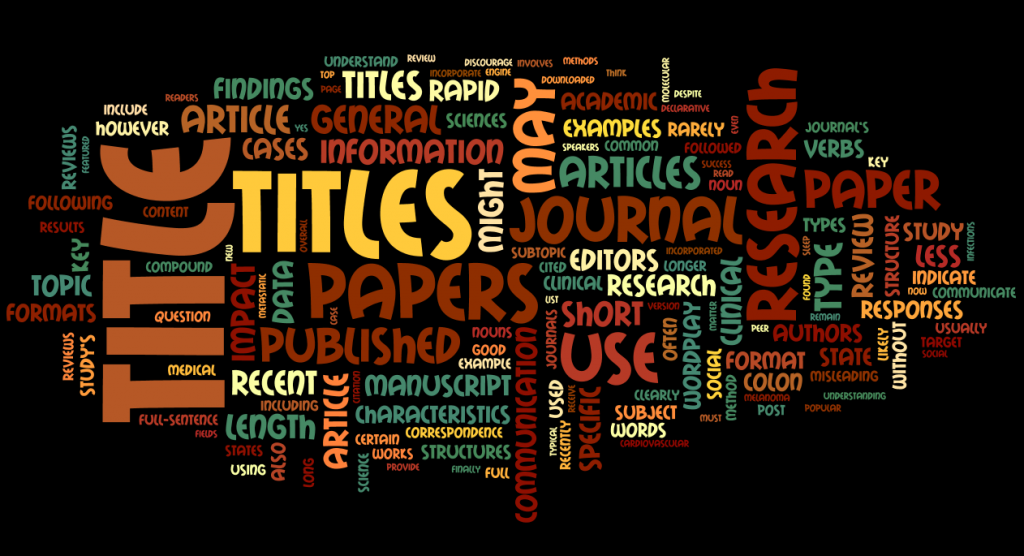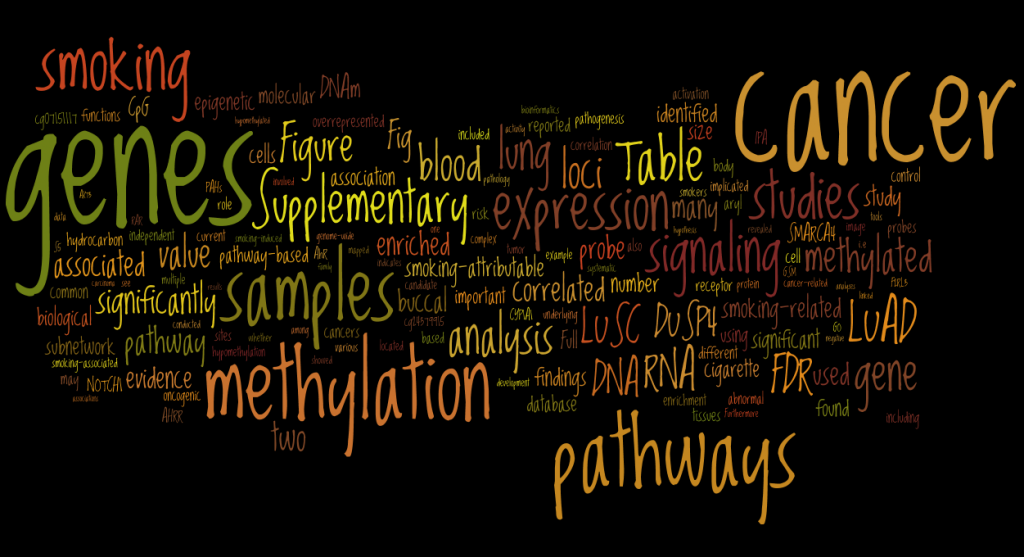
The academic community can be conservative when it comes to enforcing academic writing style, but your writing shouldn’t be so boring that people lose interest midway through the first paragraph! Given that competition is at an all-time high for academics looking to publish their papers, we know you must be anxious about what you can do to improve your publishing odds. To be sure, your research must be sound, your paper must be structured logically, and the different manuscript sections must contain the appropriate information. But your research must also be clearly explained. Clarity obviously depends on the correct use of English, and there are many common mistakes that you should watch out for, for example when it comes to articles, prepositions, word choice, and even punctuation. But even if you are on top of your grammar and sentence structure, you can still make your writing more compelling (or more boring) by using powerful verbs and phrases (vs the same weaker ones over and over). So, how do you go about achieving the latter? Below are a few ways to breathe life into your writing.
Have you heard of “Wordles”? A Wordle is a visual representation of words, with the size of each word being proportional to the number of times it appears in the text it is based on. The original company website seems to have gone out of business, but there are a number of free word cloud generation sites that allow you to copy and paste your draft manuscript into a text box to quickly discover how repetitive your writing is and which verbs you might want to replace to improve your manuscript. Seeing a visual word cloud of your work might also help you assess the key themes and points readers will glean from your paper. If the Wordle result displays words you hadn’t intended to emphasize, then that’s a sign you should revise your paper to make sure readers will focus on the right information. As an example, below is a Wordle of our article entitled, “How to Choose the Best title for Your Journal Manuscript.” You can see how frequently certain terms appear in that post, based on the font size of the text. The keywords, “titles,” “journal,” “research,” and “papers,” were all the intended focus of our blog post.

Study the language pattern found in the most downloaded and cited articles published by your target journal. Understanding the journal’s editorial preferences will help you write in a style that appeals to the publication’s readership. Another way to analyze the language of a target journal’s papers is to use Wordle (see above). If you copy and paste the text of an article related to your research topic into the applet, you can discover the common phrases and terms the paper’s authors used. For example, if you were writing a paper on links between smoking and cancer, you might look for a recent review on the topic, preferably published by your target journal. Copy and paste the text into Wordle and examine the key phrases to see if you’ve included similar wording in your own draft. The Wordle result might look like the following, based on the example linked above.

If you are not sure yet where to publish and just want some generally good examples of descriptive verbs, analytical verbs, and reporting verbs that are commonly used in academic writing, then have a look at this list of useful phrases for research papers.
Have you heard of synonyms? Of course you have. But have you looked beyond single-word replacements and rephrased entire clauses with stronger, more vivid ones? You’ll find this task is easier to do if you use the active voice more often than the passive voice. Even if you keep your original sentence structure, you can eliminate weak verbs like “be” from your draft and choose more vivid and precise action verbs. As always, however, be careful about using only a thesaurus to identify synonyms. Make sure the substitutes fit the context in which you need a more interesting or “perfect” word. Online dictionaries such as the Merriam-Webster and the Cambridge Dictionary are good sources to check entire phrases in context in case you are unsure whether a synonym is a good match for a word you want to replace. To help you build a strong arsenal of commonly used phrases in academic papers, we’ve compiled a list of synonyms you might want to consider when drafting or editing your research paper. While we do not suggest that the phrases in the “Original Word/Phrase” column should be completely avoided, we do recommend interspersing these with the more dynamic terms found under “Recommended Substitutes.”
*Adjectives to describe degree can include: briefly, thoroughly, adequately, sufficiently, inadequately, insufficiently, only partially, partially, etc.
[any of the verbs suggested as replacements for “explain,” “analyze,” and “consider” above]
| Purpose | Original Word/Phrase | Recommended Substitute |
| To discuss the historical significance of a topic |
*In other words, take the nominalized verb and make it the main verb of the sentence.
| Purpose | Original Word/Phrase | Recommended Substitute |
| To express agreement between one finding and another |
| Purpose | Original Word/Phrase | Recommended Substitute |
| To draw inferences from results |
| Purpose | Original Word/Phrase | Recommended Substitute |
| To discuss methods |
“X environment/ condition to..”
[any of the verbs suggested as replacements for “analyze” above]
| Purpose | Original Word/Phrase | Recommended Substitute |
| To explain the impact of a paper’s findings |
For additional information on how to tighten your sentences (e.g., eliminate wordiness and use active voice to greater effect), you can try Wordvice’s FREE APA Citation Generator and learn more about how to proofread and edit your paper to ensure your work is free of errors.
Before submitting your manuscript to academic journals, be sure to use our free AI Proofreader to catch errors in grammar, spelling, and mechanics. And use our English editing services from Wordvice, including academic editing services, cover letter editing, manuscript editing, and research paper editing services to make sure your work is up to a high academic level.
We also have a collection of other useful articles for you, for example on how to strengthen your writing style, how to avoid fillers to write more powerful sentences, and how to eliminate prepositions and avoid nominalizations. Additionally, get advice on all the other important aspects of writing a research paper on our academic resources pages.
Wordvice provides high-quality English proofreading and editing services.We have helped thousands of researchers, students, writers, and businesses maximize the impact of their writing.